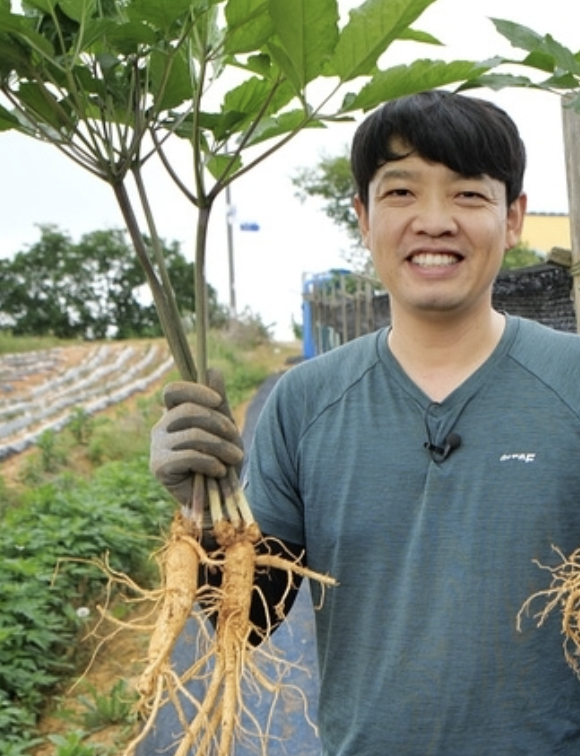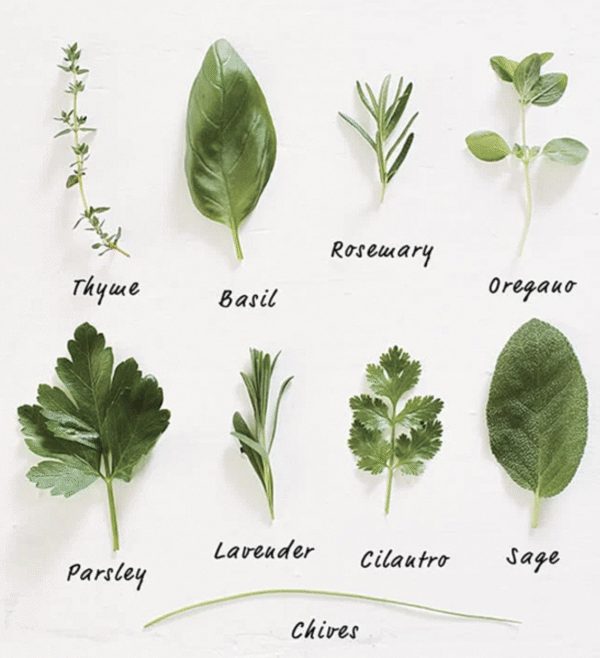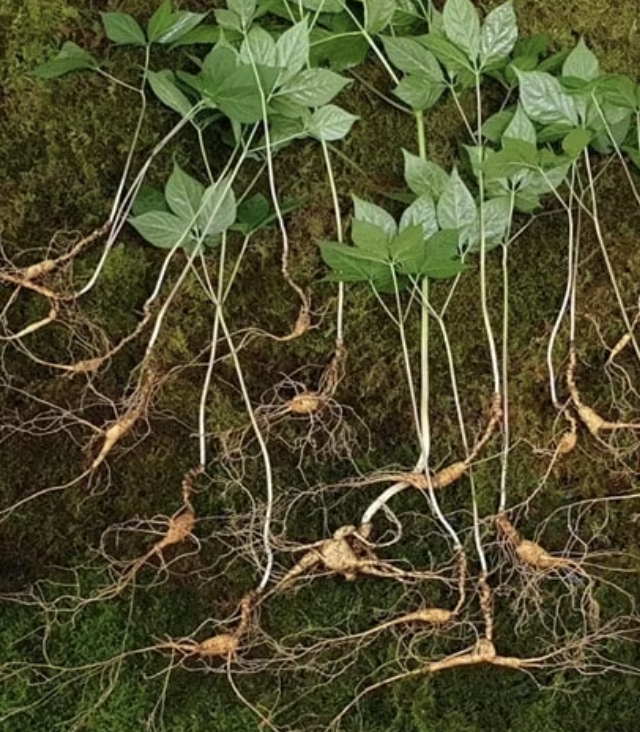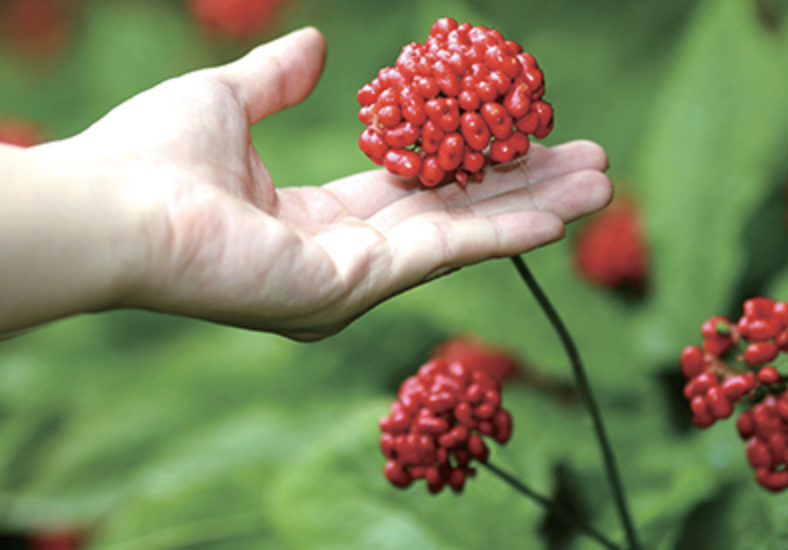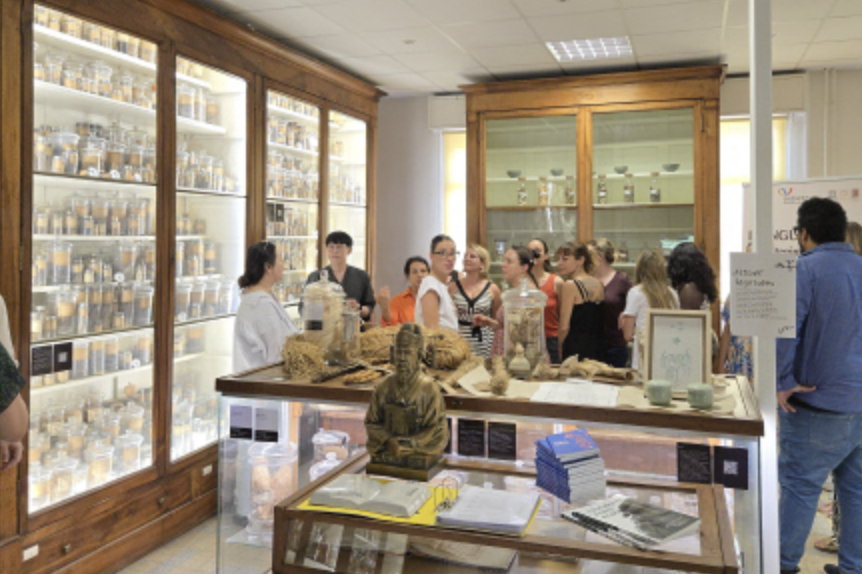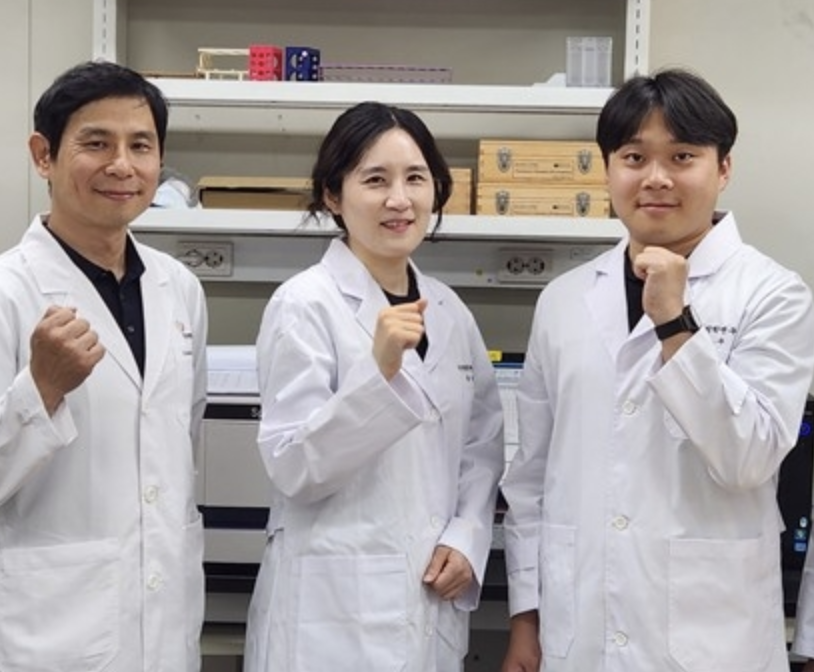Throughout human history, plants have been used as medicine in nearly every culture. From Ayurveda in India to Traditional Chinese Medicine (TCM) and Native American healing systems, herbs have played a central role in treating disease, enhancing vitality, and promoting longevity.
Among these botanical remedies, Korean ginseng (Panax ginseng C.A. Meyer) has gained international recognition as one of the most potent adaptogens. But how does ginseng compare to other globally respected traditional herbs such as Ashwagandha, Rhodiola, Turmeric, Maca, Reishi, and Ginkgo biloba?
This in-depth, SEO-optimized article explores the scientific and traditional uses of these herbs, with a detailed focus on how ginseng stands out—or aligns—in the global context of herbal medicine. It also offers expert recommendations for long-term supplementation, supported by modern research and E-E-A-T principles.
Ginseng: The Global Benchmark for Herbal Vitality
Panax ginseng, particularly wild and high-quality cultivated forms, is revered for its:
Adaptogenic properties
Immune-modulating effects
Cognitive support
Anti-inflammatory and antioxidant mechanisms
Hormonal regulation
Metabolic improvement
The root contains unique active compounds called ginsenosides, which interact with multiple cellular systems, making ginseng a multi-target herbal solution.
Let's now compare ginseng with some of the most well-known traditional herbs worldwide.
1. Ginseng vs. Ashwagandha (India)
| Criteria | Ginseng | Ashwagandha |
|---|---|---|
| Botanical Name | Panax ginseng | Withania somnifera |
| Origin | Korea/China | India |
| Primary Action | Adaptogen, tonic, metabolic enhancer | Adaptogen, stress reduction, testosterone booster |
| Active Compounds | Ginsenosides | Withanolides |
| Notable Benefits | Energy, immunity, cognition, glucose regulation | Stress, mood, sleep, hormone balance |
Scientific Perspective:
Both herbs are adaptogens, but ginseng has broader systemic applications, especially in energy metabolism and immune support. Ashwagandha is superior for anxiety relief and cortisol control, especially in high-stress individuals.
2. Ginseng vs. Rhodiola rosea (Siberia)
| Criteria | Ginseng | Rhodiola |
|---|---|---|
| Adaptogenic Strength | High | Medium to high |
| Mental Benefits | Enhances memory and focus | Boosts mental stamina under stress |
| Physical Performance | Improves endurance and recovery | Enhances short-term physical resilience |
| Fatigue Reduction | Proven in long-term use | Effective in acute stress scenarios |
Scientific Perspective:
Ginseng supports long-term vitality and physiological recovery, while Rhodiola is fast-acting and excellent for acute fatigue, such as jet lag or burnout.
3. Ginseng vs. Turmeric (India)
| Criteria | Ginseng | Turmeric |
|---|---|---|
| Key Use | Multi-functional adaptogen | Anti-inflammatory, antioxidant |
| Main Compound | Ginsenosides | Curcumin |
| Mode of Action | Cellular regulation and immune modulation | COX-2 inhibition, NF-kB suppression |
Scientific Perspective:
While both have anti-inflammatory properties, ginseng modulates internal systems, whereas turmeric directly inhibits inflammation pathways. Ginseng's adaptogenic nature makes it more suitable for long-term wellness management, while turmeric is ideal for inflammatory conditions and joint pain.
4. Ginseng vs. Maca Root (Peru)
| Criteria | Ginseng | Maca |
|---|---|---|
| Use Case | Energy, immunity, cognitive support | Libido, mood, stamina |
| Active Compounds | Ginsenosides | Macamides, macaenes |
| Hormonal Balance | Supports DHEA, testosterone, estrogen modulation | Supports sex hormone production |
Scientific Perspective:
Maca is more reproductive-hormone oriented, while ginseng affects the broader HPA axis (hypothalamic-pituitary-adrenal). For men and women seeking performance and cognitive health, ginseng offers more diverse systemic benefits.
5. Ginseng vs. Reishi Mushroom (East Asia)
| Criteria | Ginseng | Reishi |
|---|---|---|
| Immune Effects | Enhances natural killer cells, adaptive immunity | Immunomodulation, cancer support |
| Nervous System | Cognitive stimulation | Nervous system calming |
| Application | Energy, performance | Sleep, recovery, chronic illness support |
Scientific Perspective:
Reishi is a calming, spiritual tonic, useful for insomnia and immune challenges. Ginseng is invigorating, making them complementary when taken together in cycles.
6. Ginseng vs. Ginkgo biloba (China)
| Criteria | Ginseng | Ginkgo |
|---|---|---|
| Focus | Full-body systemic effects | Brain circulation, memory |
| Main Compounds | Ginsenosides | Flavonoids, terpenoids |
| Brain Health | Increases nerve growth factor (NGF) | Enhances cerebral blood flow |
Scientific Perspective:
Ginkgo is best for age-related cognitive decline, while ginseng protects neurons and improves mitochondrial function, supporting brain health across all ages.
The Unique Value of Ginseng in Global Herbal Medicine
Multi-system benefits: Adaptogenic, cognitive, immune, metabolic, and hormonal support
Synergistic with other herbs: Can be paired with turmeric, reishi, or ashwagandha for targeted results
Extensively researched: Over 300 clinical studies on Panax ginseng's effects
Safe for long-term use when consumed at appropriate dosages
Long-Term Ginseng Supplementation: Why It Works
Benefits of Daily Use
Improves energy metabolism
Reduces inflammation and oxidative stress
Enhances immune surveillance
Supports cardiovascular health
Boosts cognitive performance and neuroprotection
Modulates endocrine balance, including testosterone and insulin sensitivity
Recommended Dosage
| Form | Dosage | Use |
|---|---|---|
| Root powder | 1–2g/day | For general health |
| Extract (standardized to 5% ginsenosides) | 100–200mg/day | For targeted effects |
| Wild ginseng extract | 10–30mg/day | For immune or cognitive support |
Long-term consumption has been clinically proven to reduce biomarkers of aging, lower stress hormones, and improve quality of life in elderly individuals.
Final Thoughts: Integrating Global Herbs with Ginseng
Instead of choosing just one herb, many functional medicine practitioners now recommend blending ginseng with other global botanicals based on individual health needs:
Ginseng + Reishi: Immunity + Calm
Ginseng + Ashwagandha: Vitality + Stress relief
Ginseng + Turmeric: Metabolism + Inflammation control
Ginseng + Maca: Energy + Hormonal support
Ginseng serves as a central adaptogenic core in any herbal protocol, enhancing the effects of other herbs while ensuring balance and resilience.
#ginseng #adaptogens #herbalmedicine #panaxginseng #globalherbs
👉 Discover Premium Ginseng Extract for Energy and Immunity



